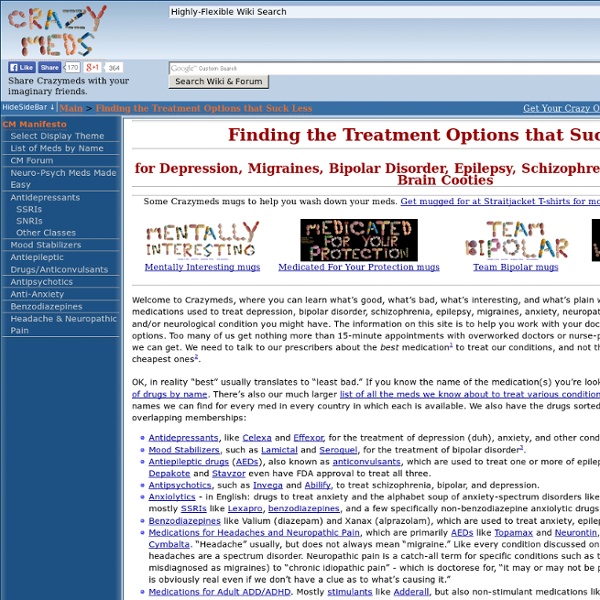NeuroSoup
About my art I’ve been painting for around 15 years; although, I didn’t throw myself into it fully until about seven years ago. I work mainly with acrylics, but I also create mixed media art and drawings from time to time. I live in Wichita, Kansas. I have a home-based studio and used to have an art gallery in Wichita’s Towne West Mall (closed due to Covid).
Nootropic
Nootropics (/noʊ.əˈtrɒpɨks/ noh-ə-TROP-iks), also referred to as smart drugs, memory enhancers, neuro enhancers, cognitive enhancers, and intelligence enhancers, are drugs, supplements, nutraceuticals, and functional foods that improve one or more aspects of mental function, such as working memory, motivation, and attention.[1][2] The word nootropic was coined in 1972 by the Romanian Dr. Corneliu E. Giurgea,[3][4] derived from the Greek words νους nous, or "mind", and τρέπειν trepein meaning to bend or turn.[5] Availability and prevalence[edit] At present, there are only a few drugs which have been shown to improve some aspect of cognition in medical reviews. These drugs are purportedly used primarily to treat cognitive or motor function difficulties attributable to such disorders as Alzheimer's disease, Parkinson's disease, Huntington's disease and ADHD. Academic use[edit] Several factors positively and negatively influence the use of drugs to increase cognitive performance. Drugs[edit]
The Dab Lab Head Shop
Essential First Aid Item: Activated Carbon
Activated carbon, in powdered form, should be in every medicine cabinet and first aid kit. It is also known as activated charcoal. It is used around the world as a universal antidote for hundreds of poisons, including arsenic, mercury, pesticides, strychnine, warfarin, hemlock, E. In 1813, French chemist Michel Bertrand swallowed five grams of arsenic trioxide: 150 times the lethal dose. In 1831, in front of his distinguished colleagues at the French Academy of Medicine, Professor Touery drank a deadly cocktail of strychnine and lived to tell the tale. We witnessed the saving power of activated charcoal ourselves, when one member of our household experienced a severe allergic reaction to an unknown ingredient from a restaurant. Manufacture and Storage The best and cheapest option for obtaining quality activated carbon is to powder aquarium filtration charcoal with a mortar and pestle. Risks: Charcoal significantly decreases a body's absorption of all nutrients and medications.
TokeCity
Drug Class Reviews - NCBI Bookshelf
Growery
Antibiotic Resistance
Snapshot data-visualization on antibiotic resistance. » Data and more information here: » Download a poster from our PDF store Part of the infographic mega-tome, Knowledge is Beautiful. For more graphics, visualisations and data-journalism:
Shroomery



